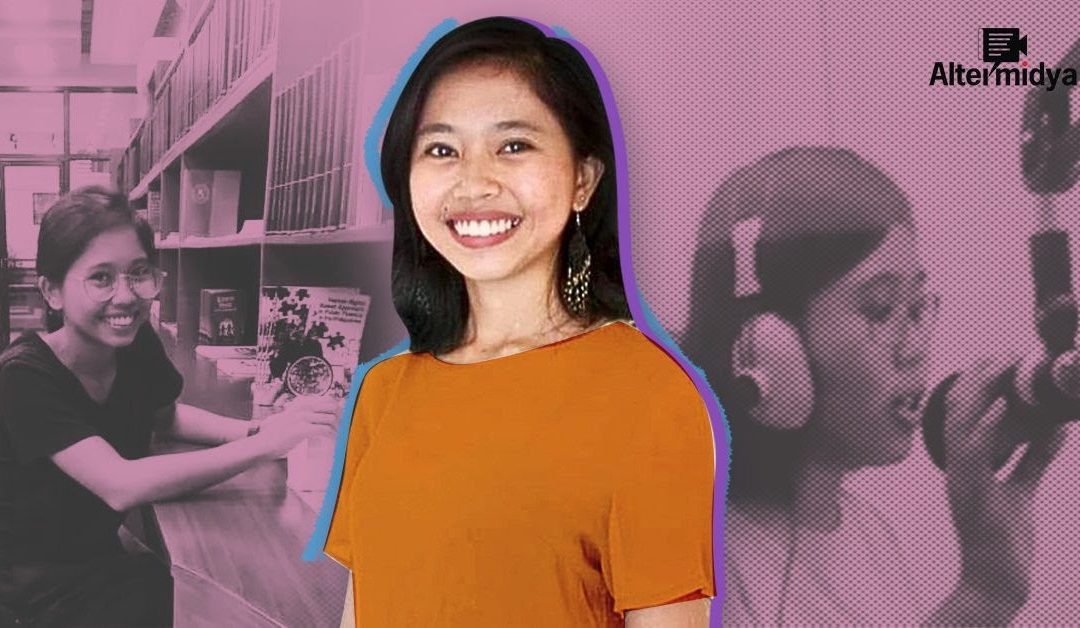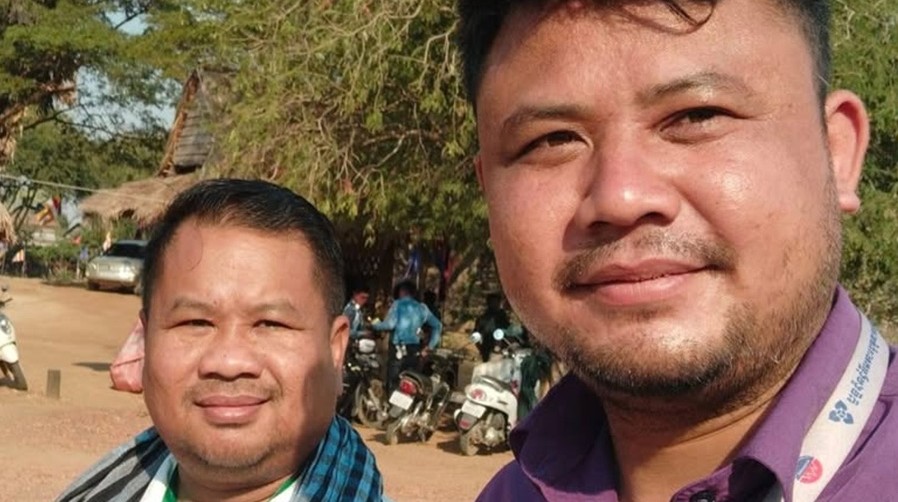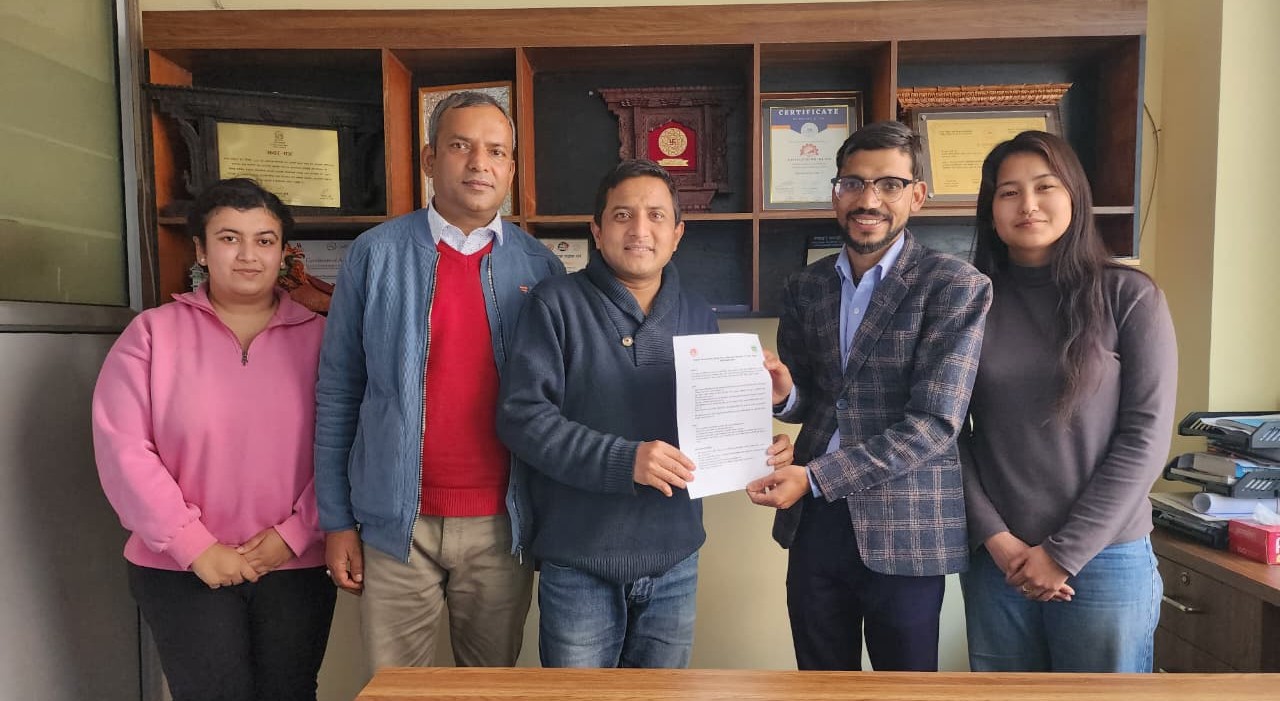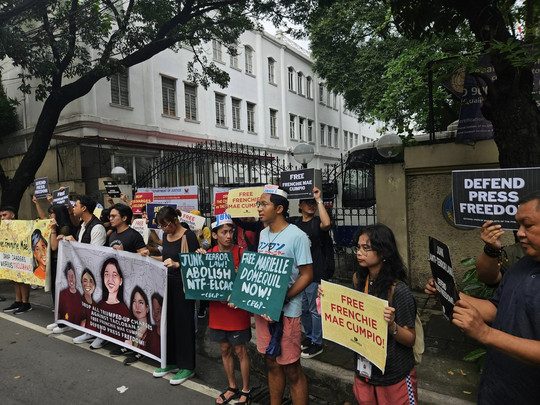
Frenchie Mae Cumpio: A Five‑Year Fight Against Unjust Detention in the Philippines
November 11, 2024Wael Al‑Dahdouh: Gaza Bureau Chief Honored Amid Immense Personal Tragedy
November 11, 2024November 11, 2024 – Philippines –
Frenchie Mae Cumpio, a community journalist from Tacloban and host at Eastern Vista, has been entangled in a long-running case dubbed the “Tacloban 5.” Arrested in February 2020 alongside fellow activists, she faced charges of illegal firearms possession and terrorism financing—accusations widely condemned as baseless, aimed at silencing her human rights reporting.
For four years, her trial was stalled amid delays, court inefficiencies, and expanding charges. Initially accused merely of possessing firearms, she was later “red‑tagged” as a Communist insurgent and levied terrorism financing charges after a cash stash in her newsroom was twisted into evidence of supporting armed groups.
On 11 November 2024, after lengthy postponements, Cumpio—now 26—finally testified before the Tacloban Regional Trial Court. Organizations like Women Press Freedom, Freedom Now, CPJ, and the International Federation of Journalists called for all charges to be dropped and for her immediate release.
In June 2025, Cumpio’s letter was read at the UN Human Rights Council by Special Rapporteur Irene Khan, condemning her detention as a “travesty of justice” and calling for her release. Khan noted this was the first time her voice escaped prison walls in over five years.
Despite this, authorities have obstructed press freedom groups from visiting her in Tacloban jail, demanding excessive documentation such as presidential clearances, drawing criticism for undermining due process and transparent oversight.
Alongside Marielle Domequil and others, Cumpio could face up to 52 years in prison if convicted—a stark example of the weaponization of national security laws to target journalists and activists under the guise of anti-terrorism.
Her case shines a spotlight on systemic abuses: arbitrary arrests, stalled legal proceedings, and suppression of critical journalism under the Anti-Terrorism Act and related laws. Advocacy groups demand urgent reforms—including legal safeguards, expedited trials, and protections for journalists reporting on human rights and governance (e.g., Meralla Ressa).
Frenchie Mae Cumpio’s situation remains unresolved, but her courage in speaking out, testifying, and reaching the United Nations continues to galvanize international support against repressive legal tactics targeting media workers in the Philippines.
Reference –
https://phkule.org/article/1339/frenchie-mae-

